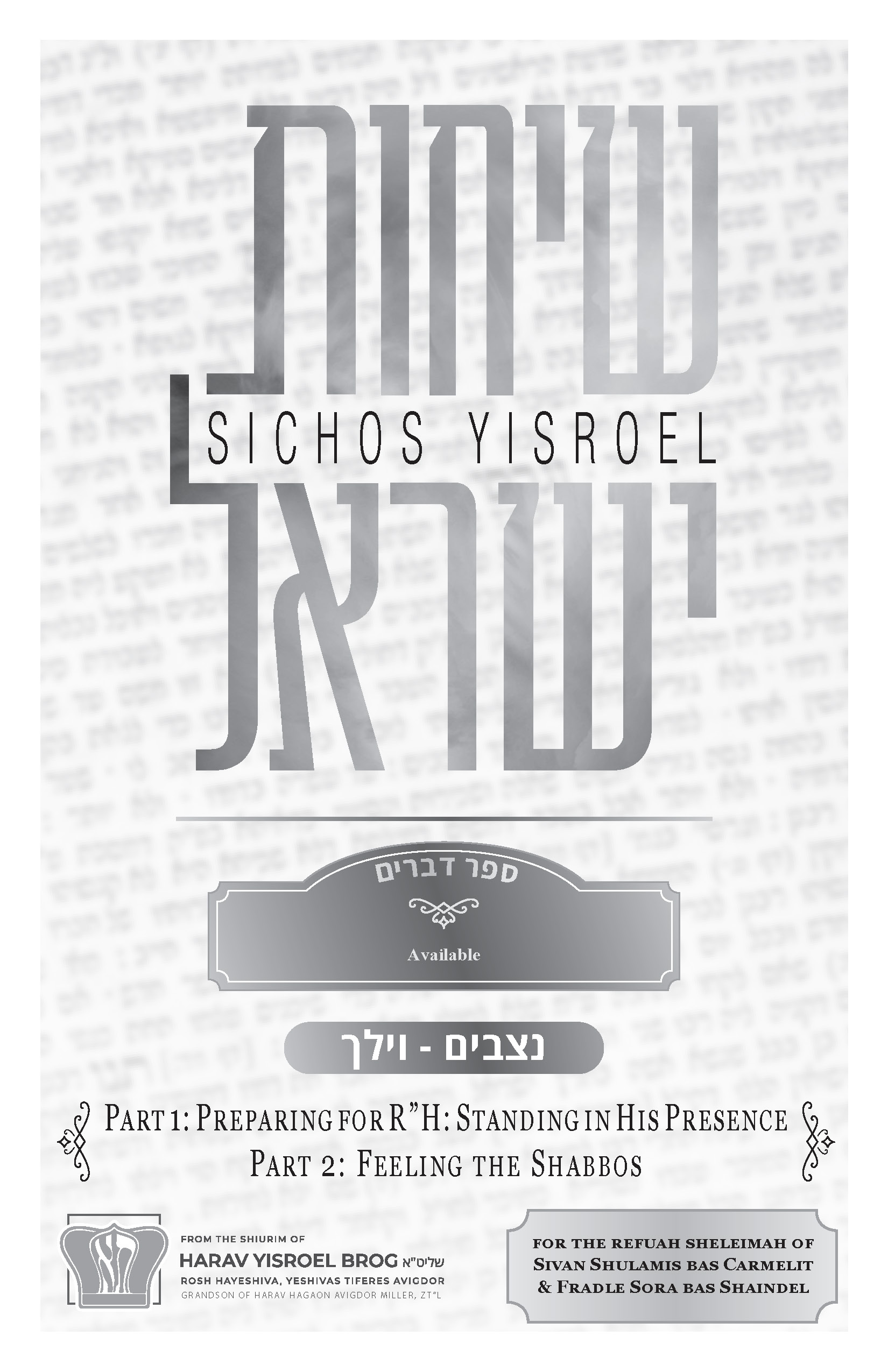Rosh Hashanah 5784: The Secret of Getting Rachamim
We are approaching the end of the year. What’s coming in a couple of days is the day of mishpat, of judgment. If a person would take into account the mishpat that he got last year and think about what kind of maasim he is presenting to the Ribbono Shel Olam, he might become afraid.









